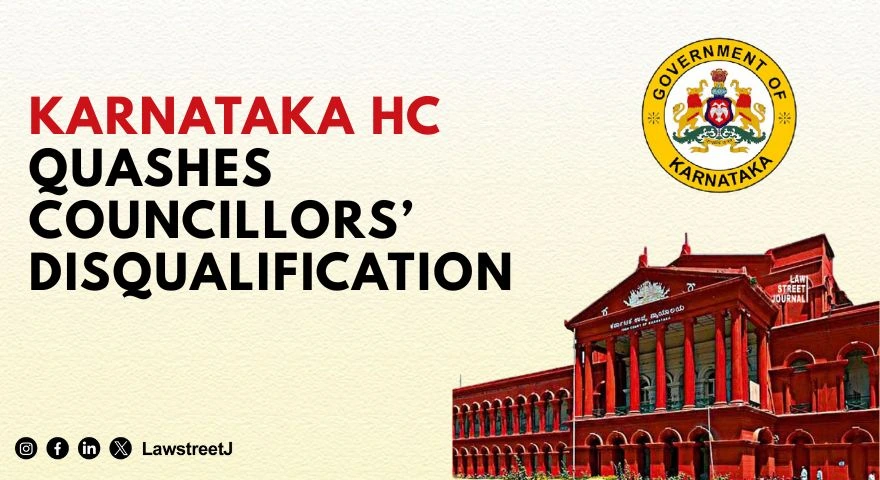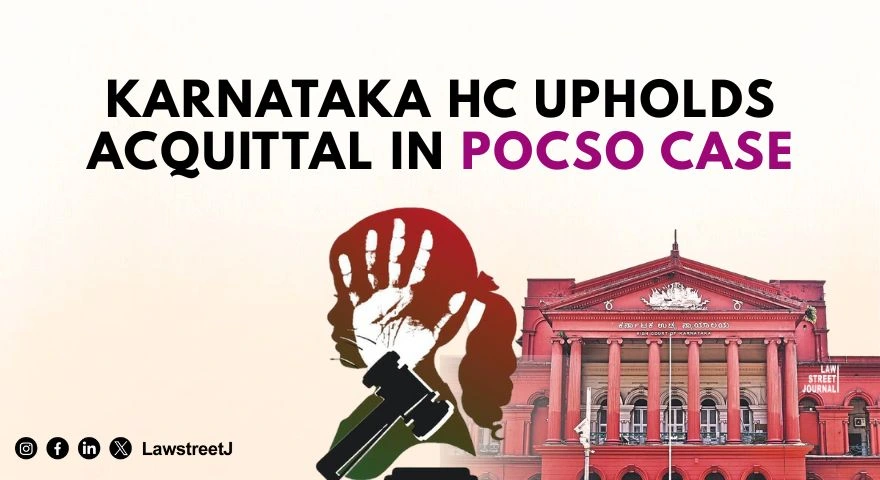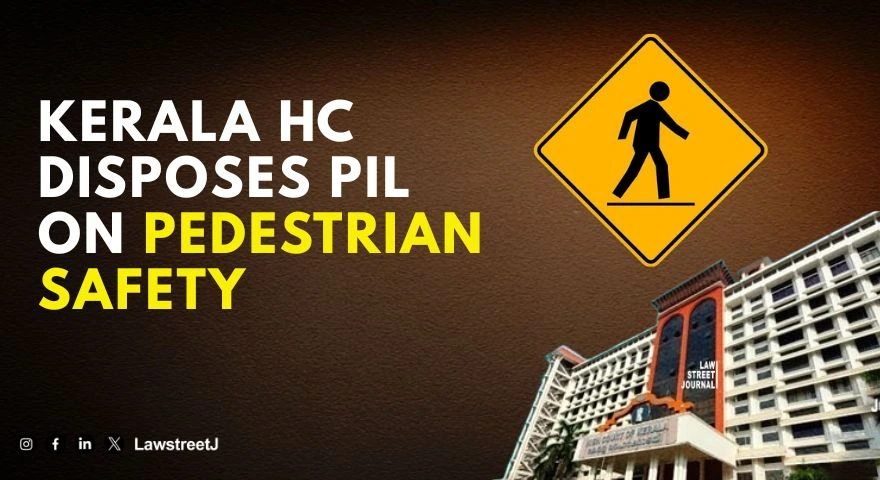The Supreme Court ruled that repeatedly filing cases and complaints against a spouse can amount to 'cruelty' for the purposes of granting divorce under the Hindu Marriage Act, 1955.
In a case, the bench of Justices Sanjay Kishan Kaul and Hrishikesh Roy referred to such conducts, even if they occurred after the filing of the divorce petition, to grant divorce to a 'husband' on the grounds of irretrievable breakdown of marriage and cruelty.
The 'wife' in this case left the 'husband's' company on the first day of marriage. Because she refused his invitation to live with him, the husband filed for divorce under Section 13(1)(i-a) of the Hindu Marriage Act of 1955.
Later, on the grounds of irretrievable breakdown of marriage, the Trial Court granted his divorce petition. The appellate court overturned the divorce decree while granting the wife's petition for restitution of conjugal rights. The High Court reinstated the divorce decree, allowing the husband's appeal. The wife filed a review petition, claiming that it was not within the jurisdiction of the High Court or the trial court to grant a divorce decree based on irretrievable breakdown of marriage. The same was permitted.
The court observed that, following the filing of the divorce petition, the wife (1) filed multiple cases in courts, (2) approached the High Court to initiate disciplinary action against the husband, who was working as an Assistant Professor, and (3) made representations to the college authorities seeking the initiation of disciplinary proceedings against him.(4) sought information about her husband's remarriage or whether he was living with someone else, well known to her, and the proceedings were found to be an abuse of the RTI Act process (5) lodged a criminal complaint against him under Section 494 IPC (6) complained to his employer threatening to file a criminal complaint against him, etc.
"These continuing acts of the respondent would amount to cruelty even if they had not occurred as a cause prior to the institution of the petition, as the Trial Court determined," it stated while further adding, "This behaviour demonstrates the breakdown of marital unity and, as a result, the breakdown of the marriage.In fact, there was no initial integration that would allow for subsequent disintegration. The fact that there have been ongoing allegations and litigation, which can amount to cruelty, is something that this court has taken note of."
The following observations were made in the decision:
Marriage irretrievable breakdown
In appropriate cases, the court has granted divorce decrees under its unique jurisdiction under Article 142 of the Indian Constitution in order to provide complete justice to the parties. Such a course is being followed in a variety of cases, for example, where there are inter se allegations between the parties; in order to put a stop to the matter, the parties withdraw these allegations, and this court grants divorce by mutual consent.
"In some cases, the parties accept that their marriage is irretrievably broken and file for divorce. In other cases, the parties accept that their marriage is irretrievably broken and file for divorce. One of the more difficult situations is when, in the court's opinion, there is irretrievable breakdown of marriage but only one of the parties is willing to acknowledge it and accept divorce on that basis, while the other side seeks to oppose it even if it means continuing the marriage," it was noted.
The legislature's reluctance to include irretrievable breakdown as a divorce ground
Aside from the lack of legislative mandate, one common reason for opposing such a divorce decree is that the institution of marriage is understood differently in different countries. Given the heightened importance of marriage as a social institution in India, it is sacramental in nature and is supposed to be an eternal union of two people under Hindu Law. Or, at the very least, it is far more difficult for women to maintain social acceptance following a divorce decree.This, along with the law's failure to provide economic and financial security to women in the event of a marriage breakdown, is cited as the reason for the legislature's reluctance to include irretrievable breakdown as a ground for divorce despite the possibility of a shift in social norms over time. Because not everyone comes from the same social background, having a uniform legislative enactment is said to be difficult. Despite such reservations, this court has exercised its jurisdiction under Article 142 of the Indian Constitution in these circumstances.
Families are formed with the expectation of mutual support and amity.
Marriage is more than just a two-person union. Marriage has legal, economic, cultural, and religious ramifications as a social institution. Marriage and divorce laws, prevailing social norms, and religious dictates all influence the norms of a marriage and the varying degrees of legitimacy it may acquire.Marriages are seen as a site for the propagation of social and cultural capital because they aid in the identification of kinship ties, the regulation of sexual behaviour, and the consolidation of property and social prestige.
Families are formed on the basis of a mutual expectation of support and amity, which is meant to be felt and acknowledged by its members. When this friendship breaks down, the consequences can be devastating and stigmatising. The primary effects of such breakdown are felt primarily by women, who may find it difficult to maintain the same level of social adjustment and support that they had while married.
Pendency of the reference
The court noted that a constitution bench has yet to hear the case of Shilpa Sailesh v. Varun Sreenivasan, in which the following issues were raised: (a) what are the broad parameters for exercising powers under Article 142 of the Constitution to dissolve the marriage between consenting parties without referring the parties to the family court to wait for the period prescribed under Section 13-B of the Act, and (b) whether such exercise of powers under Article 142 should be made at all or whether it should be left to be determined.
"We are aware that the Constitution Bench is looking into the larger issue, but that reference has been pending for five years. Living together is not a requirement. Marriage, on the other hand, is a tie between two people. If this tie isn't working under any circumstances, we see no point in delaying the inevitable because of the reference's pending status," it stated.
Despite this reference, the court noted that there have been several instances where the court has exercised its powers to grant divorce in such circumstances. The court stated that the questions referred to the constitution bench do not apply to the case at hand.

!['Repeated Filing of Cases and Complaints Against Spouse Can Amount to 'Cruelty' for Granting Divorce': Supreme Court [READ JUDGMENT]](/secure/uploads/2021/09/lj_6603_sc.jpg)






